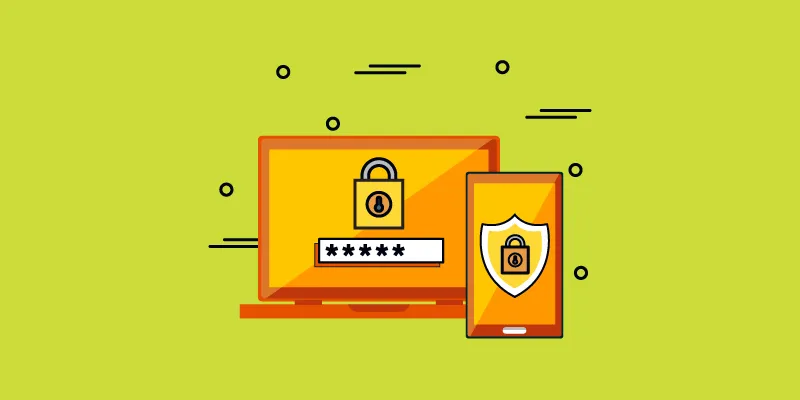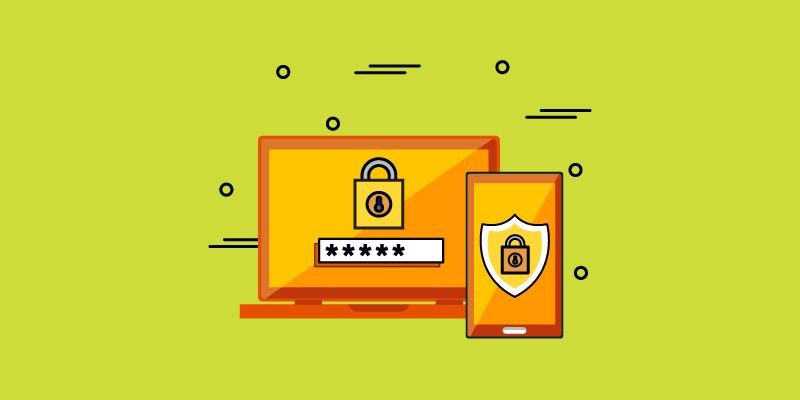The best online security tips for startups
Each year, almost 300 million people try to launch more than 150 million startups to give wings to their dreams. However, only a third of them survive the initial struggle period and become operational. There are various reasons due to which startups go down; poor online security shouldn't have to be one of them.
If you're planning to launch a new startup with a major focus on rendering services online, make sure you keep in mind these security tips to ensure that your dreams don't meet with an unfortunate fate.

Image : shutterstock
Encryption and firewall mechanism
Encryption safeguards a website's online data from online hackers and cyber criminals. If you intend to collect personal information like bank account details, contact numbers, address, etc. from your employees and customers, then it's recommended to encrypt your website as soon as possible. For that, all you need to do is get an SSL certificate for your website as soon as possible.
Along with encryption, install a high-quality firewall mechanism on your website to protect it against virus attacks and get rid of any type of performance glitch.
Hosting for your startup website
There are various types of web hosting services in the market, but you need to choose the one that can keep your startup's website data safe and protected. Rather than opting for a cheap shared hosting plan, go for a dedicated server that's much more secure and trustworthy.
Make your security policy known to all employees
Once you start operations, many new employees will join your startup and take care of different tasks. Before that stage arrives, prepare your security policy and make it known to everyone. It should have a clear mention of which applications and plugins need to be installed, who will have access to critical information and key accounts, and all the other factors that you think can affect your startup's security.
If you have very limited knowledge of security matters, hire a cyber security consultant and use their expertise to write security policies in a hassle-free manner.
Protect your online identity
People trust brands like Amazon, Facebook, Google, Apple, Samsung, etc. as they carry a high level of credibility. If a trickster who's well aware of cyber security flaws tries to use their names to earn some quick cash, he can easily make millions of dollars in no time. These brands are aware of this fact, which is why they've trademarked their brand name. By doing so, they've safeguarded themselves against anyone who tries to use their brand name without their permission.
As a startup owner, you need to trademark your startup right away and keep a track of any such person or entity that uses your startup's name without your permission. Look for a trustworthy service provider who can help you with trademark search and make your journey easy and hassle-free.
Use strong passwords
Remember how hackers took control of Facebook Founder Mark Zuckerberg and Congress Vice President Mr Rahul Gandhi's Twitter accounts recently? The world has seen many website and social media account hacking attempts in the last 15 months. Use strong alpha-numeric passwords if you don't want your website to feature in this list. Furthermore, keep changing the password of your startup website, social media accounts, and email accounts every 15 days to be on the safer side.
Train your employees in the best cyber security practices
Even after following all the above mentioned tips, the one thing that hurts most startups is their employees' lack of cyber security knowledge. You need to come up with a proper executable plan to train your employees regarding the best cyber security practices. Occasional surveys containing questions related to the latest cyber security practices and threats can help you judge their knowledge and prepare relevant modules to upgrade it.
If you want to survive in the dot-com world, you'll need to keep yourself updated with the latest cyber security practices and implement them without any further delay.
What else do you think a startup should keep in mind to strengthen their online security? Do share your views with us in the comments section.






